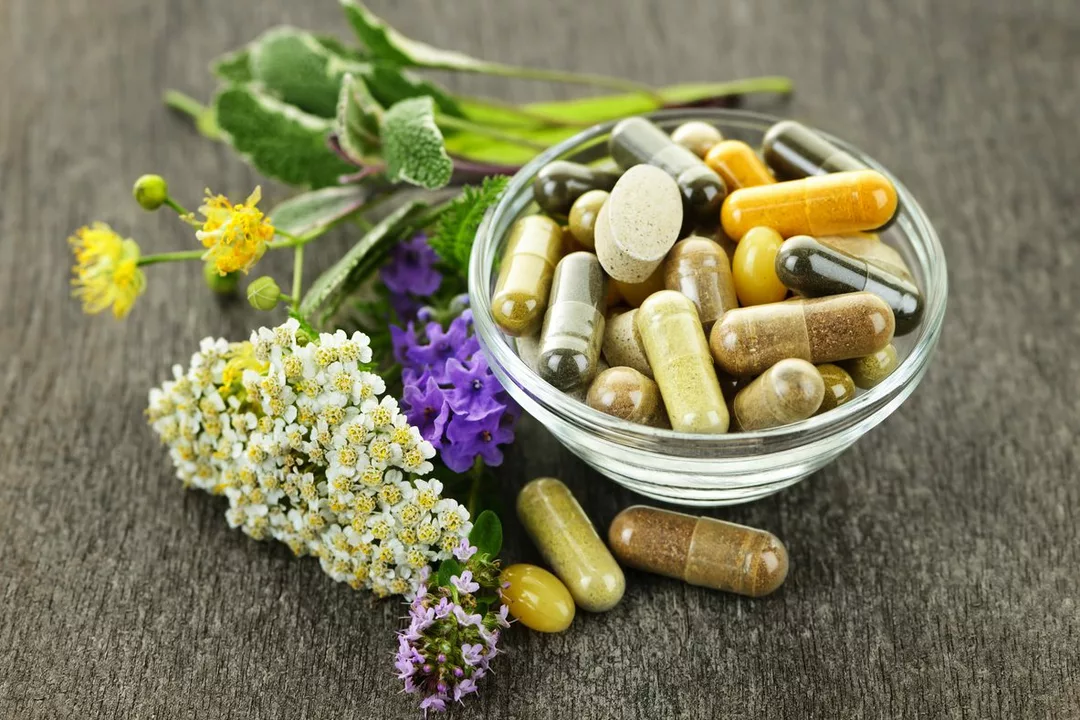Herbal remedy: clear, practical advice for daily use
Thinking about an herbal remedy for digestion, sleep, or mood? Herbs can help, but they aren’t risk-free. This page gives plain, useful guidance so you can try herbs without guessing. You’ll get quick rules for picking products, real examples, and simple safety checks—no fluff.
What herbal remedies do and common examples
Herbal remedies are plant-based products used for health goals like easing digestion, calming nerves, or supporting the liver. Agrimony, for example, is traditionally used for mild digestive complaints and liver support. Laurelwood and many popular supplements promise energy or overall wellness. Other well-known herbs include St. John's wort (mood), ginkgo (memory), and garlic (cardiovascular support). Some supplements on this site, like calcium D-glucarate or alpha-ketoglutarate, aren't herbs but act like herbal supplements—people take them for detox or energy.
Evidence varies. Some herbs have good clinical data, others rely on traditional use or limited studies. Treat herbal remedies like any medicine: they can help, but they can also interact with prescription drugs or cause side effects.
How to choose a safe, effective product
Start with three quick checks: is the label clear, is the dose realistic, and is the brand reputable? Look for standardized extracts (they list the active ingredient percentage) and third-party testing seals like USP or NSF. Avoid products with vague "proprietary blends" that hide doses. Check the ingredient list for fillers or added drugs—some shady products include undisclosed pharmaceuticals.
Buy from trusted sellers. Our site reviews pharmacies and suppliers that meet basic safety steps. If a deal looks too good, it might be fake or contaminated. For herbs taken long-term, prefer brands that publish certificates of analysis (COAs).
Start low and go slow. Try a low dose first and watch your symptoms for a week or two. If a product promises instant cures or huge results, be skeptical.
Keep a written list of every herb and supplement you take and share it with your healthcare provider. That small habit prevents many problems.
If you are pregnant, breastfeeding, under 18, or have a serious medical condition, check with a clinician before trying most herbs.
Watch for common interactions. St. John's wort can cut the effectiveness of birth control and many prescription drugs and can raise serotonin when combined with SSRIs like Celexa (citalopram). Herbs like ginkgo or high-dose garlic may increase bleeding risk if you’re on warfarin or other blood thinners. Grapefruit (a food, not an herb) affects many drugs by blocking liver enzymes—same idea applies to some herbal interactions. If you take phenytoin (Dilantin) or other narrow-range meds, ask a pharmacist before adding herbs.
Want help picking a safe option? Talk to your pharmacist or a clinician who knows herbal medicines. Use this tag to explore our posts on agrimony, calcium D-glucarate, and other supplements, and always cross-check with a professional when you’re on prescription drugs.

 May, 14 2023
May, 14 2023